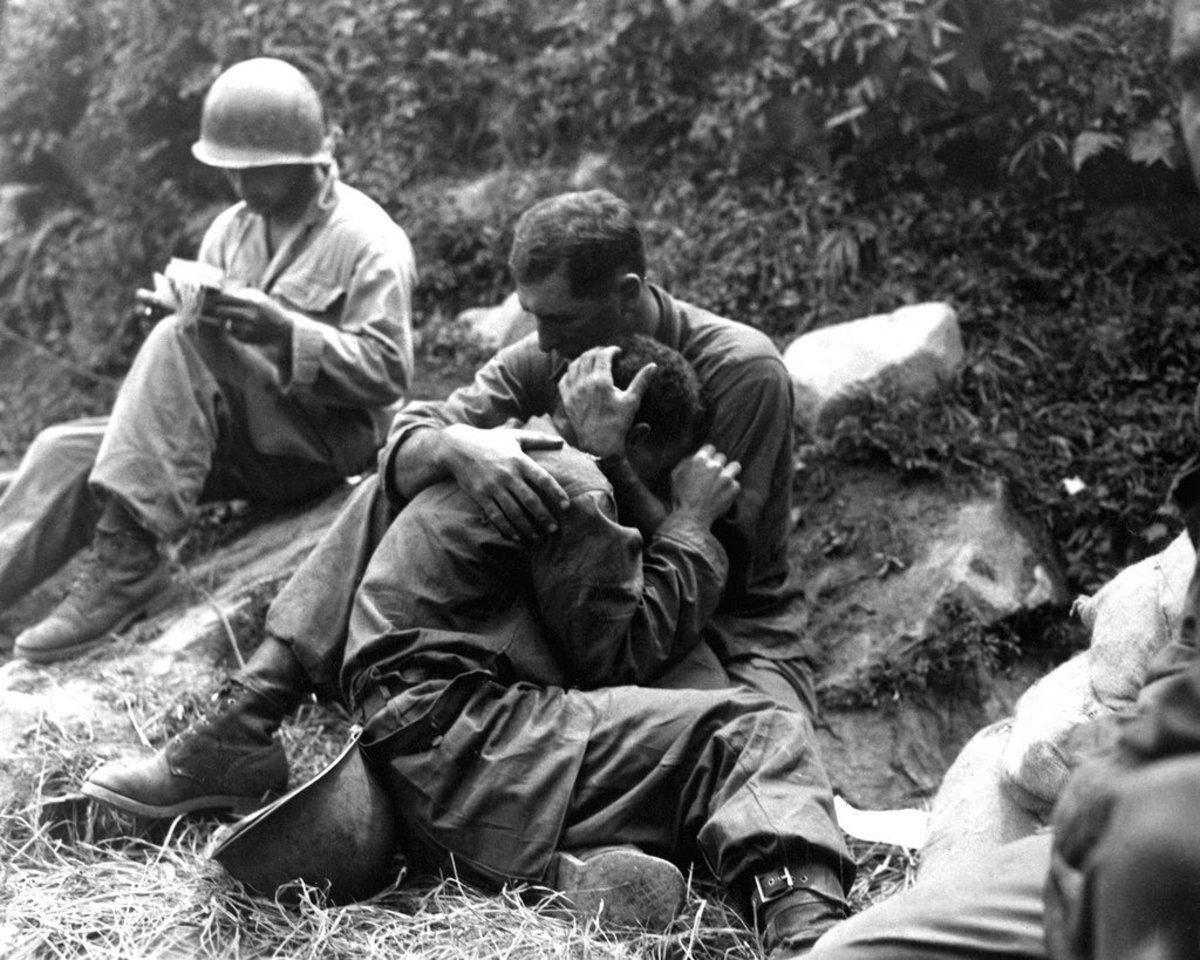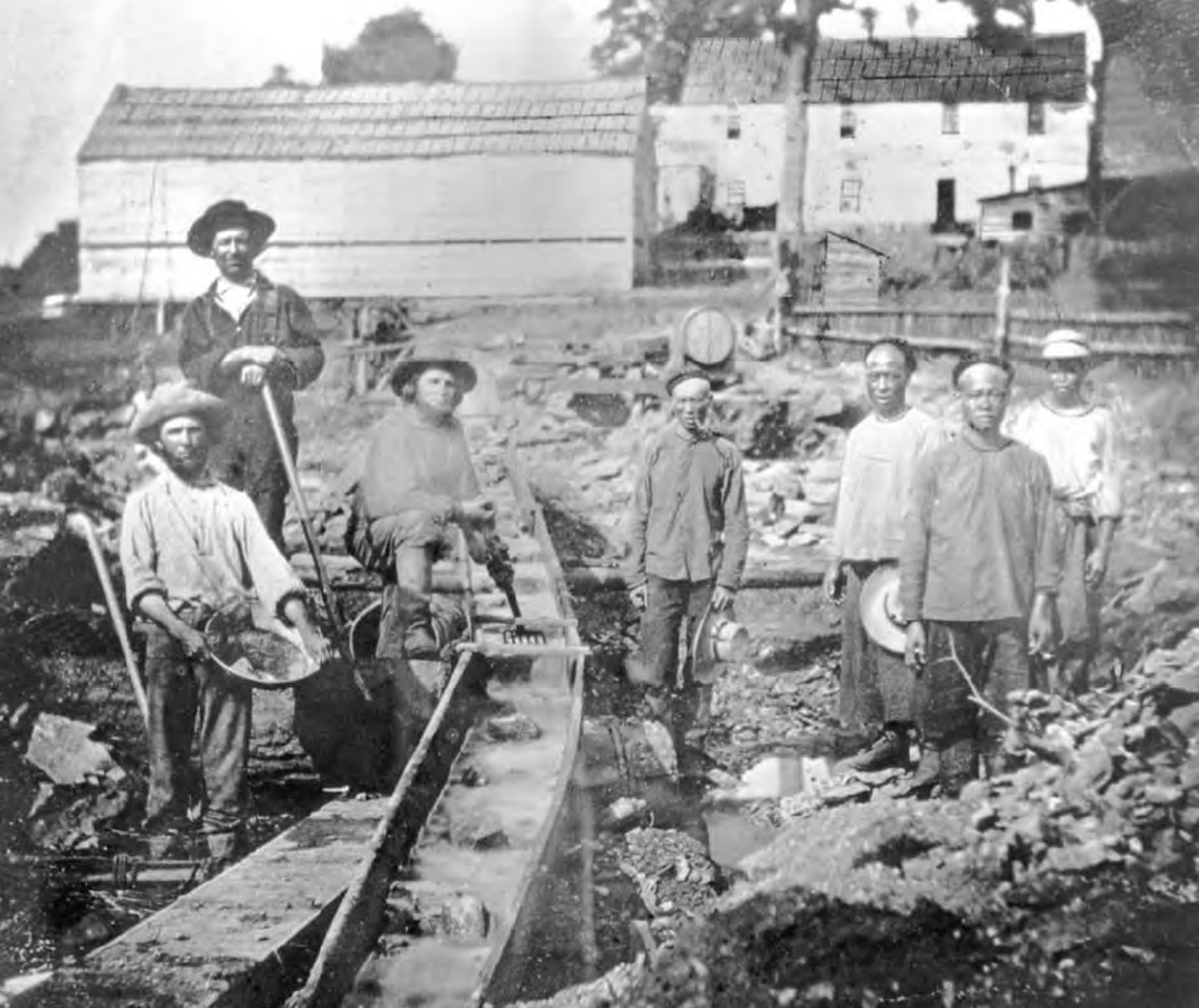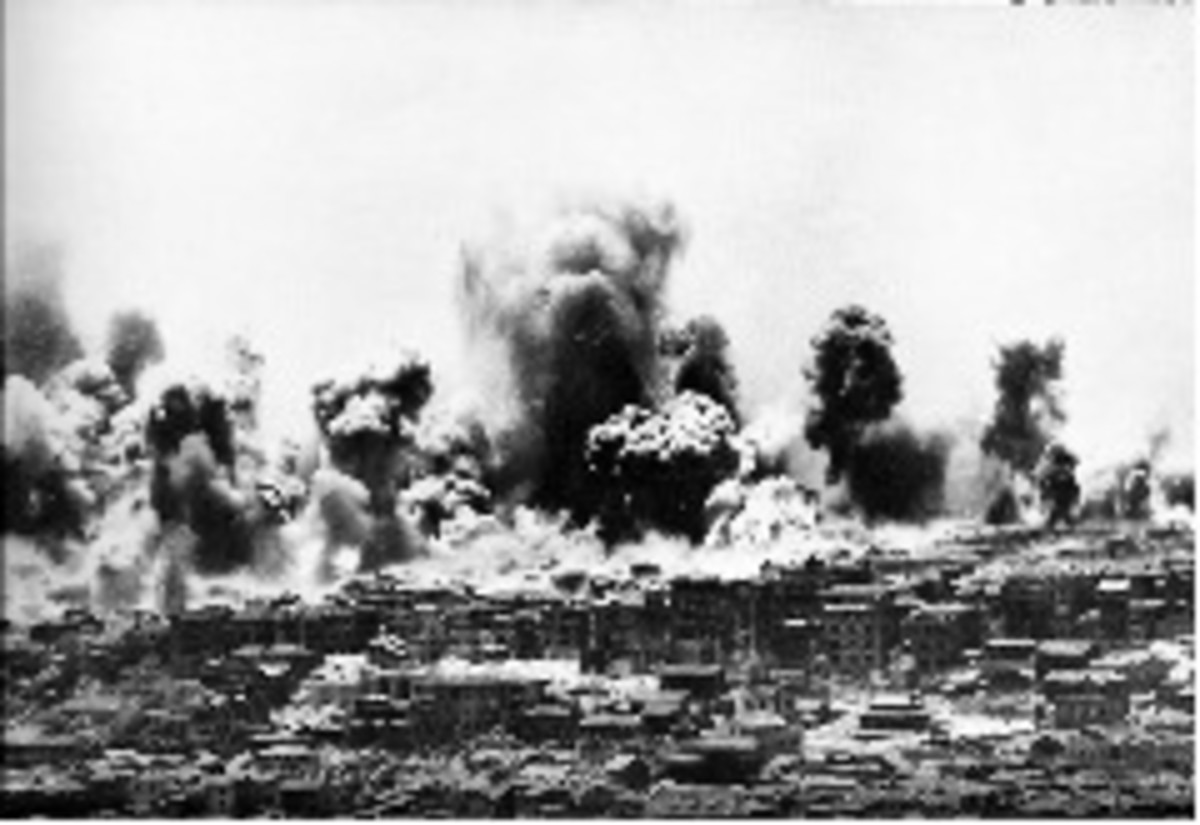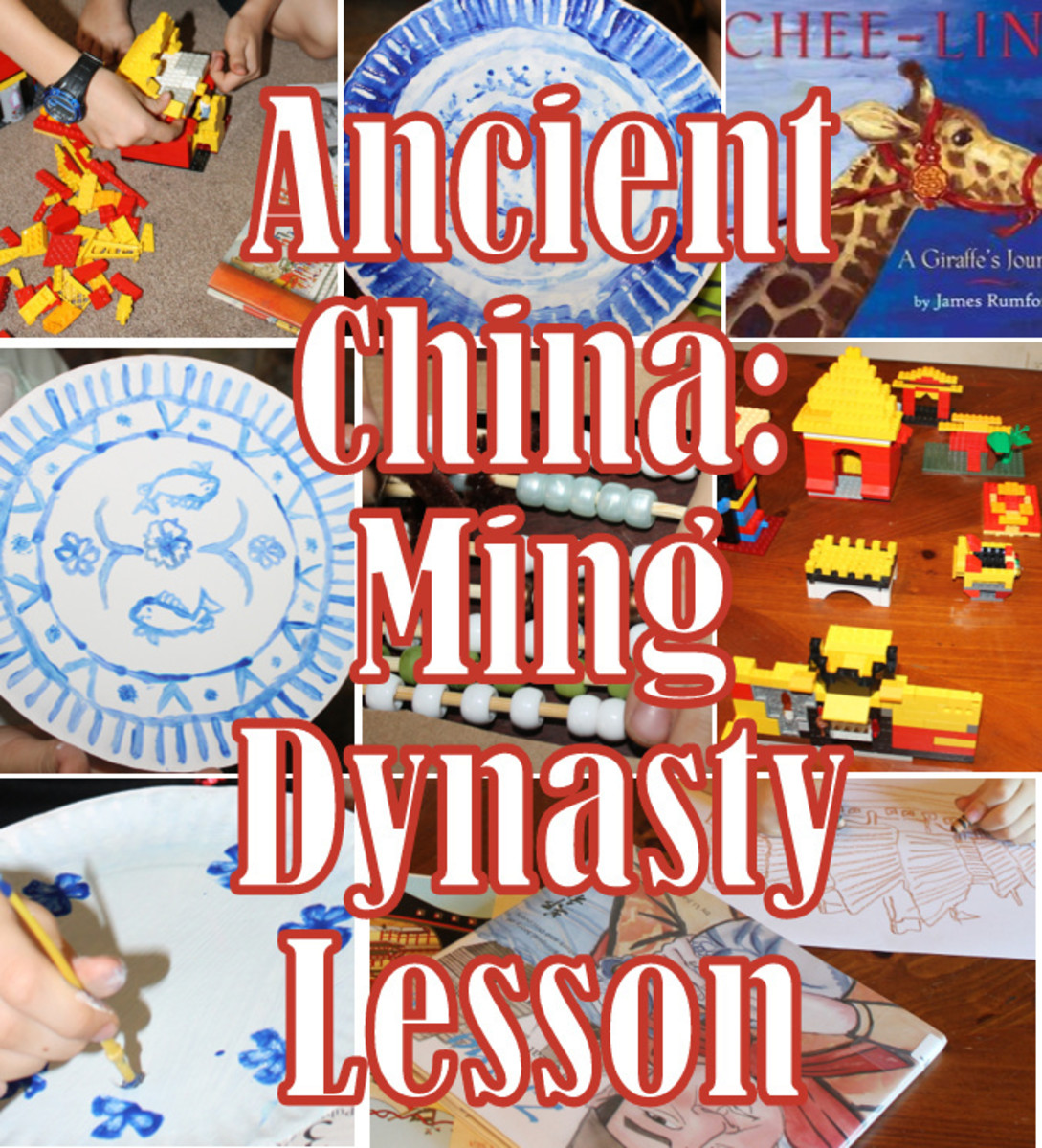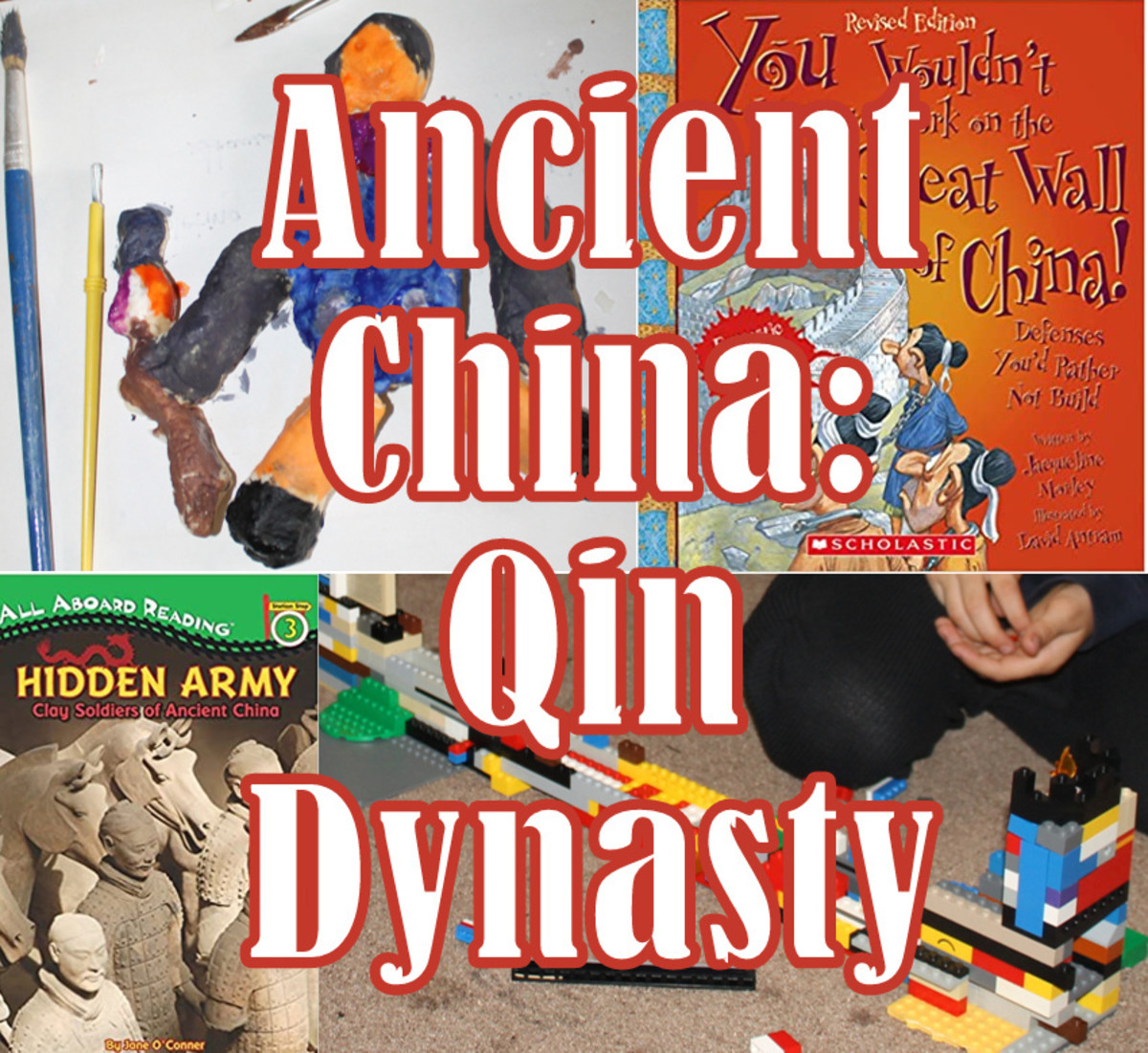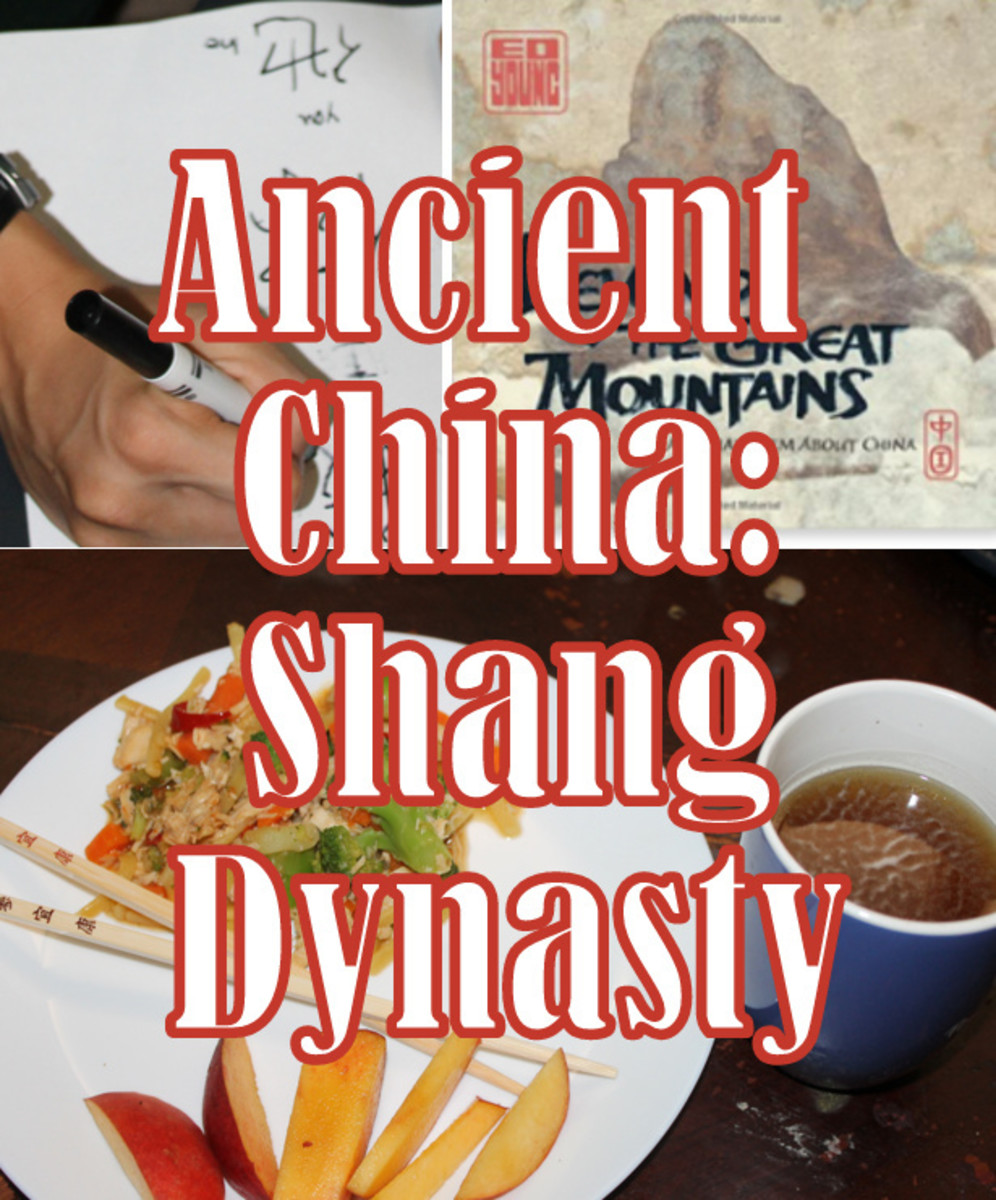- HubPages»
- Education and Science»
- History & Archaeology»
- History of Asia
How America Facilitated the Rise of China
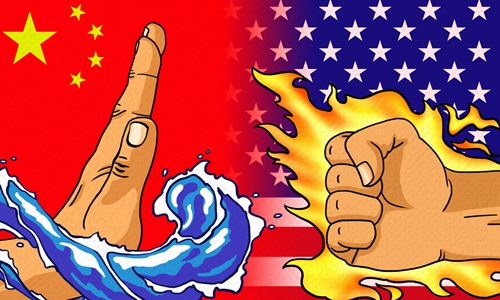
The beginning
Without going into the earlier history of China I think it is a good idea to start from the 19th century. This was a momentous period in China's history as China became weak and lost the opium wars to the British. The British along with the other Western powers were able to extract concessions like the lease of Hong Kong and special privileges in China. The Chinese revolution of 1911 led by Dr. Sun Yat Sen did not help matters and very soon the communists appeared on the scene. The successor to Dr. Sun Yat was General Chiang Kai Shek who led the Kuomintang party( Nationalist Party.)
Chiang had an American wife and America was favorably disposed to him. The United States backed the Nationalist party with money and weapons. A civil war commenced between the Nationalists and the Communists. A temporary truce was agreed when Japan invaded China.
The defeat of Japan in 1945 saw both the adversaries again at each other's throats. President Truman carried on the policy of President Roosevelt and backed the Nationalists and American military advisers', money, and weapons were given .A full scale civil war now commenced.
The Communist leader Mao Tse Tung was a very astute man. Unlike Chiang Kai Shek, Mao built up a rapport with the Chinese peasantry. Very soon despite American help the Nationalists began to lose the war.
Mao thought the time had come to convert the guerilla war to a conventional war. Battles commenced and in three years, they were able to seize control over the mainland. Chiang, fled with his life to the island of Formosa.
For two decades after 1949, the Americans refused to recognize the Communist government in Beijing. They carried on with the myth that the Nationalists who were confined to Formosa represented entire China.
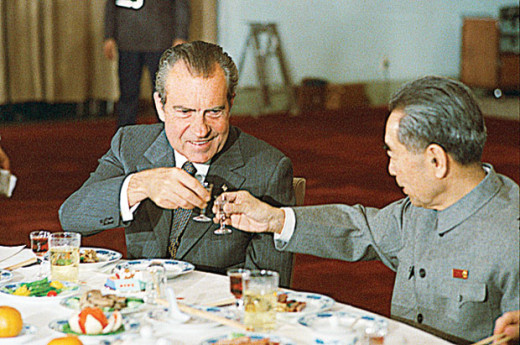
Recognizing Red China
In 1950 the Korean war commenced. General MacArthur was once again made the commander in Korea. Initially, he was successful but the Communist Chinese army intervened at that stage and the US forces went into a retreat.
General MacArthur seeing the war as unwinnable suggested the use of atomic bombs on the China-North Korea border and also on China . He was of the view that as the half-life period of the atomic isotopes is 50 years, China and North Korea would be incapacitated to fight.
Initially, President Truman agreed but the British Prime Minister Winston Churchill advised against it. He dismissed General MacArthur and appointed General Ridgeway and a ceasefire was concluded in 1953.
In 1954, the French were decisively defeated in Indochina at the battle of Dien Bien Phu and America entered Vietnam on the side of the South Vietnamese.
During the same period in the early 60s, American intelligence reports indicated that China was likely to go nuclear. Many in Johnson's administration advocated the bombing of the nuclear facilities of China. The situation was very favorable as there was a rift between Russia and China. In case Johnson had ordered the bombing of the nuclear facilities of China there was no risk of any intervention by Russia..
For some reason, Johnson failed to attack the nuclear installations of China and thus sealed the fate of the Vietnam war.
Richard Nixon took over as the President of the United States and this marked the beginning of a total reversal of American policy on China.. They not only recognized China but also accepted the "One China policy" and recognized Taiwan as a part of China.
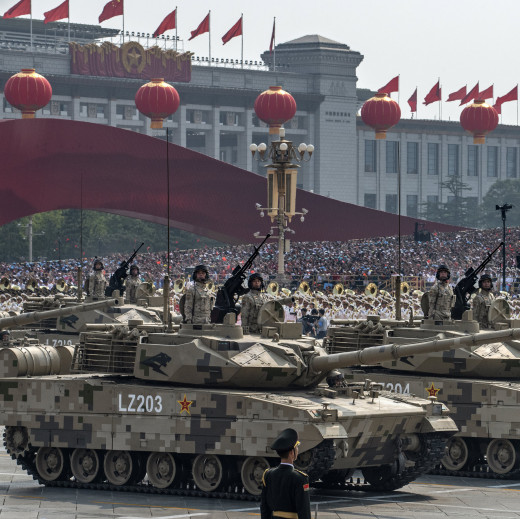
Bowing to the Dragon
Richard Nixon and Henry Kissinger went to China and paid obeisance to Chairman Mao. With the help of China, Nixon extricated himself from Vietnam and history records the American military campaign in Vietnam as a defeat. Things may have been different if Johnson had authorized the destruction of the nuclear installations of China.
Nixon had to resign because of the Watergate scandal but his policy with refinements was carried on by successive Presidents right up to Donald Trump. The American think tank felt that China would be an excellent market of 1.2 billion people for American industry and would also be their ally against Russia.
With the collapse of the Soviet Union America thought it best to engage further with China. Billions of dollars investment began to flow into China and American corporations entered the Chinese market. They started manufacturing activities there and many countries of Western Europe beset with the low birth rate of their women, outsourced all their manufacturing activities to China.
The Chinese were very clever; whatever goods came their way they did reverse engineering and produced their own. Due to the flow of American money into China, the Chinese economy which was agro-based and poor suddenly got a flip and within two decades it's GDP reached 14.5 trillion.
Things have come to such an impasse that the present US president's son has a business association with China. Earlier US presidents from the time of Clinton agreed to tacitly give China complete suzerainty over the South China Sea. President Duterte echoes this when he said in a statement that if Americans were serious about SC Sea they would have sent 5 aircraft carriers to assert control, which they never did.
American dreams were shattered when they realized that China did not want to play second fiddle to them and was keen to replace the dollar with the yen as world currency. China also began to oppose America on all forums with a one point agenda to dominate the world as the number one power. This was a rude shock to the American leadership as they realized their entire policy from 1972 was like a sand castle.
To the chagrin of the Americans, China has teamed up with Russia and now they have made deep inroads into Iran. . Let us see how things will pan out in the years to come but there is no doubt that America shot itself in the foot when it mollycoddled to China. The birds have come home to roost.
Further reading
Rise of China:2030 and its strategic implications ( hard cover) by Rajeev Bhutani ( 2015) Amazon
The Rise of China Edited by Michael E Brown, Owen R Cote, Jr, Sean M Lynn-Jones, Steven E Miller
Todays nuclear North Korea is yesterday's China-The Japan times
© 2020 MG Singh emge


